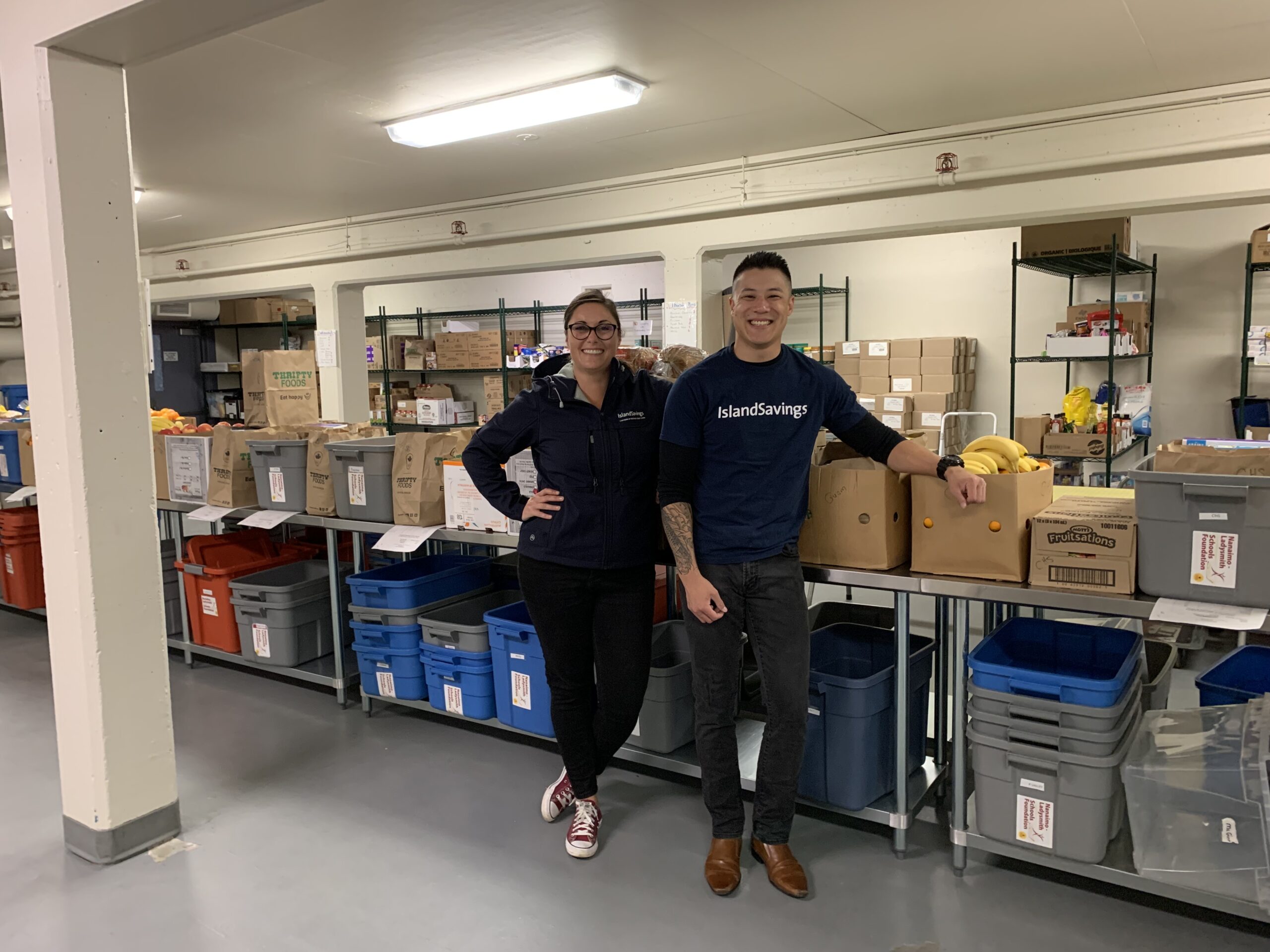
An Interview with Stephanie Perryman, Manager, Foundation and Community Investment

Welcome to the first in a series where we will highlight some of the impactful volunteer community engagement happening in corporate Canada. Businesses of all sizes contribute to purpose-driven work, and Volunteer Canada is delighted to share their stories.
I had the pleasure of speaking to Stephanie Perryman, Manager of the First West Foundation and Community Investment at First West Credit Union. With four divisional brands across British Columbia, First West Credit Union believes in supporting non-profit and charitable organizations that serve the most vulnerable in their communities. Through the support of 1,250 employees, First West enables community engagement through their Lead Well program, encouraging employees to volunteer their knowledge and skills to help communities thrive.
Like all progressive community-minded organizations, it was time to take stock and evaluate the impact of Lead Well, specifically regarding capacity building for non-profit partners. As it turned out, there was work to be done.
Q: In evaluating Lead Well, what challenge or problem seemed prevalent?
A: Through the Lead Well program, we often have employee groups ask for one-time, team-building volunteer opportunities. When we spoke with our community organizations, they were generous in supporting our requests and what we came to understand was that in many circumstances, they (our partners) were creating volunteer experiences which were not truly servicing their needs. We knew we needed to do better, and that we could be a better partner.
Q: What process led you to the solution?
A: Through First West Foundation’s adoption of Trust-Based Philanthropy principles and our partnership with Volunteer Canada, we realized we could involve employees with charities that provided more sustainable capacity for the non-profit. We joined forces with our Island Savings’ employees who in September 2022, began a recurring volunteer opportunity with an in-school food program. In partnership with the Nanaimo-Ladysmith Schools Foundation and their Food4Schools program, an enthusiastic group of 25 employees, ensure at least one volunteer each week attends the program. The employees are often different week to week, but they are all trained on the job to be done, and they provide a consistent volunteer experience throughout the school year. What originally began as a branch-led group has now expanded to include individuals from across all lines of business.
Q: What indicators of success are you seeing?
A: Now in its second year, employees are invested and like having a network of team members willing to share the responsibility of this volunteer opportunity. Our employees report that they feel the direct impact of their involvement each shift, and they like the consistency of an indoor experience which takes place during work hours. The program has raised awareness about the extent of hunger in schools and more importantly, Food4Schools has expanded their offerings because they have the bandwidth with more capacity and less volunteer training. They are starting to see a ripple effect with other organizations now interested in a similar rotational set up.
Q: What are the plans for this program?
A: High engagement and commitment from our Food4School volunteers is a strong indicator of success and that means we need to grow program awareness and our support into other communities. Next steps will be to identify new organizations which have a need for recurring volunteers and match them with employee groups who want to make a difference for a cause they care about in their community.
Q: How can Volunteer Canada further support your work?
A: We would ask other companies to consider this type of engagement. Building sustainable capacity will ultimately help so many non-profits that rely on a dependable cycle of volunteers. Volunteer Canada was very supportive in helping us build the case for engagement through our manager and leadership team. And, by profiling this work, you are helping us reach other companies that are likely also thinking about how to advance their impact.
